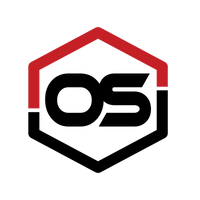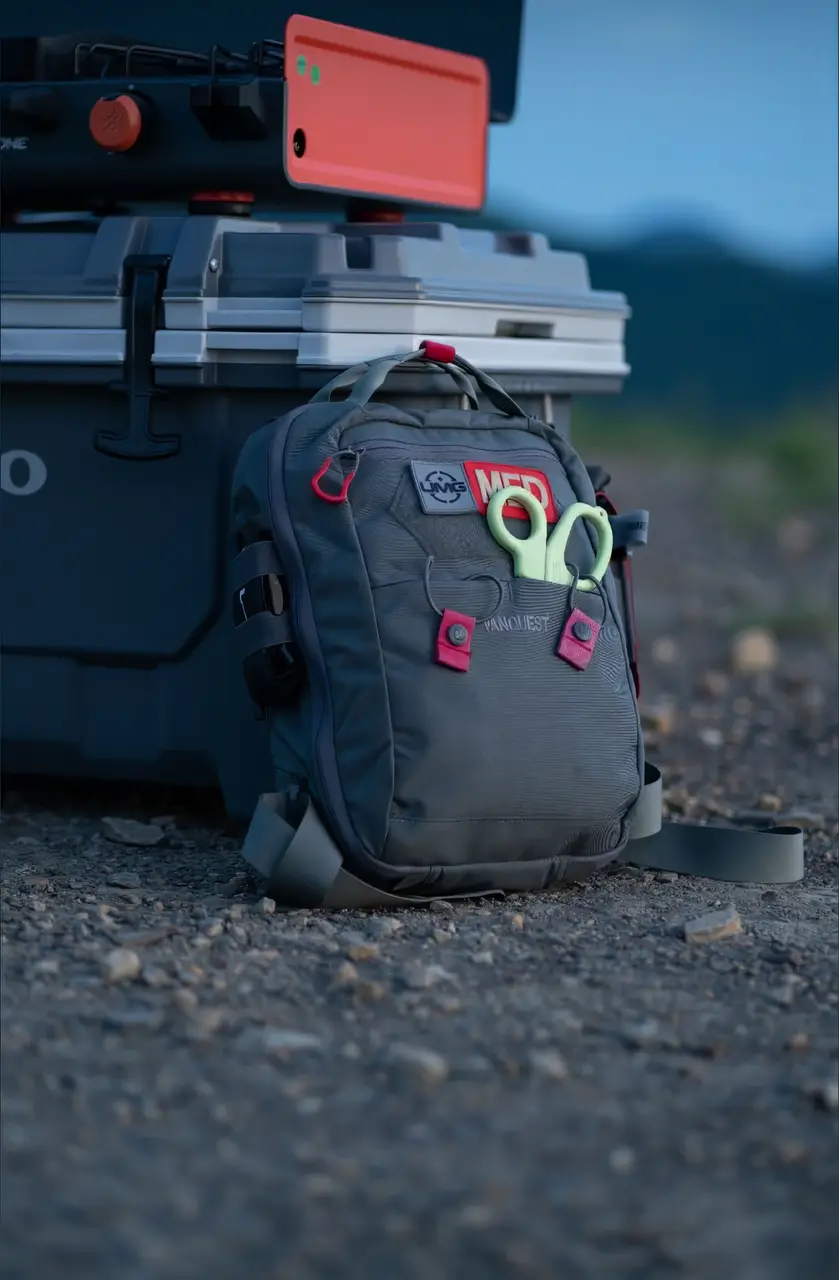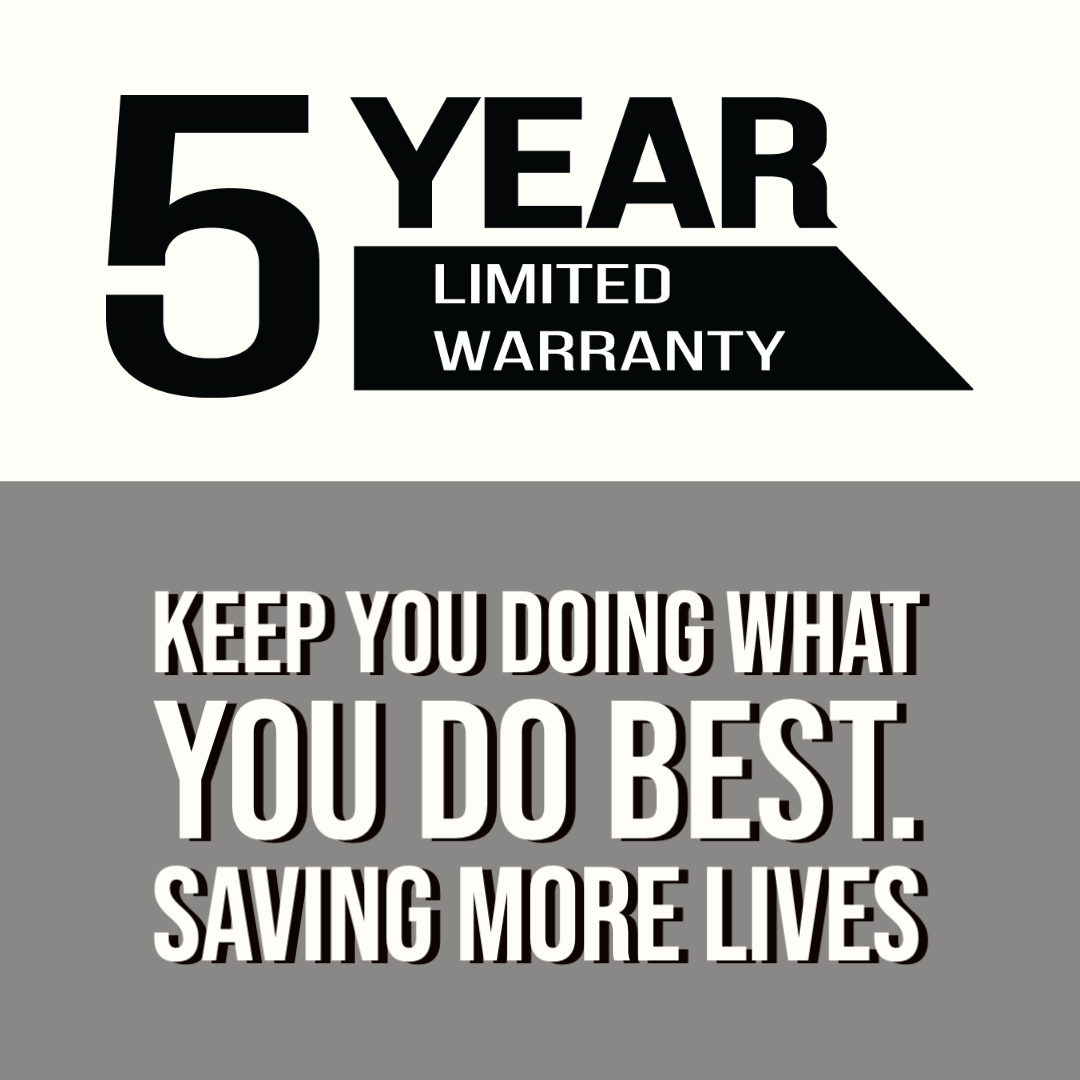Building an IFAK with the use of ONE SHEAR trauma shears and first aid supplies
Introduction to IFAKs
IFAK stands for Individual First Aid Kit, and it’s a compact emergency kit designed for immediate medical needs. They are commonly used by military personnel, first responders, and outdoor enthusiasts. An IFAK typically contains essential items to treat injuries such as trauma shears, bandages, gauze, and antiseptic wipes. The goal of an IFAK is to provide prompt and effective first aid in emergency situations before professional medical help arrives.
What is ONE SHEAR trauma shears?
ONE SHEAR trauma shears are specially designed scissors used by medical professionals and first responders to quickly and safely cut through clothing and bandages in emergency situations. They are an essential tool for building an Individual First Aid Kit (IFAK) as they allow for swift access to the injured area without causing further harm. ONE SHEAR trauma shears are known for their durability and sharpness, making them reliable in critical situations where every second counts.
Importance of having trauma shears in your IFAK
Trauma shears are crucial in an IFAK for quickly and safely cutting through clothing in emergency situations. They allow rapid access to wounds, making it easier to assess and treat injuries effectively. With trauma shears in your IFAK, you can swiftly provide aid without delays, ensuring prompt and efficient medical care when every second counts.
Selecting the right first aid supplies
When choosing first aid supplies for your IFAK, consider the types of injuries you might encounter and prioritize items accordingly. Here’s a basic list of essential supplies to include:
- Adhesive bandages for small cuts and scrapes
- Sterile gauze pads for dressing wounds
- Antiseptic wipes to clean and disinfect wounds
- Medical adhesive tape to secure dressings
- Tweezers for removing splinters or debris
- Elastic bandages for sprains and strains
- Emergency blanket for maintaining body heat
- Burn cream or gel for burn injuries
Always assess your individual needs and customize your IFAK based on your medical training and the activities you plan to engage in. Remember to periodically check and replenish your supplies to ensure they are up to date and in good condition.
Building an IFAK step by step
When making your IFAK, start by gathering essential first aid supplies such as bandages, gauze, adhesive tape, and disinfectant wipes. Prepare trauma shears, like ONE SHEAR, to quickly access and cut through clothing if needed. Organize your supplies in a compact, easy-to-reach manner within your IFAK pouch for quick deployment during emergencies.
Benefits of including trauma shears in your IFAK
Trauma shears are essential in an IFAK because they allow quick and efficient cutting of clothing to reach wounds without causing further injury. These specialized scissors are designed to cut through tough materials like clothing, seat belts, or bandages easily and safely. Including trauma shears in your IFAK ensures that you can provide prompt and effective first aid in emergency situations, where every second counts.
Other essential items for a well-rounded IFAK
Keep in mind that aside from the trauma shears and first aid supplies, you may want to consider adding tourniquets, quick-clot gauze, chest seals, compression bandages, and Israeli bandages to your IFAK. These extra items can help you better handle different types of injuries and emergencies effectively.
How to properly store and maintain your IFAK
To keep your Individual First Aid Kit (IFAK) in top condition, store it in a cool, dry place away from direct sunlight. Regularly check for expired items and replace them as needed. Keep your trauma shears clean and sharp by wiping them with a damp cloth after each use. Store them in a sheath or a secure pocket to prevent damage. Replenish any used or missing supplies promptly to ensure your IFAK is always ready for emergencies.
When and how to use trauma shears in first aid situations
In first aid situations, trauma shears are handy for safely cutting through clothing to access injuries quickly. If a person has a wound that’s covered by clothing, trauma shears can help you expose the wound without causing more harm. It’s important to be cautious when using trauma shears to avoid cutting the person’s skin accidentally.
Conclusion and final thoughts
When building your own IFAK, having a reliable tool like the ONE SHEAR trauma shears can make a significant difference in how effectively you can respond to emergencies. Pairing these shears with essential first aid supplies creates a well-rounded kit that can help you address a variety of situations. Remember, the key to effective first aid is practice and preparedness. By regularly familiarizing yourself with the contents of your IFAK and seeking additional training, you can feel confident in your ability to provide immediate care when it matters most.






